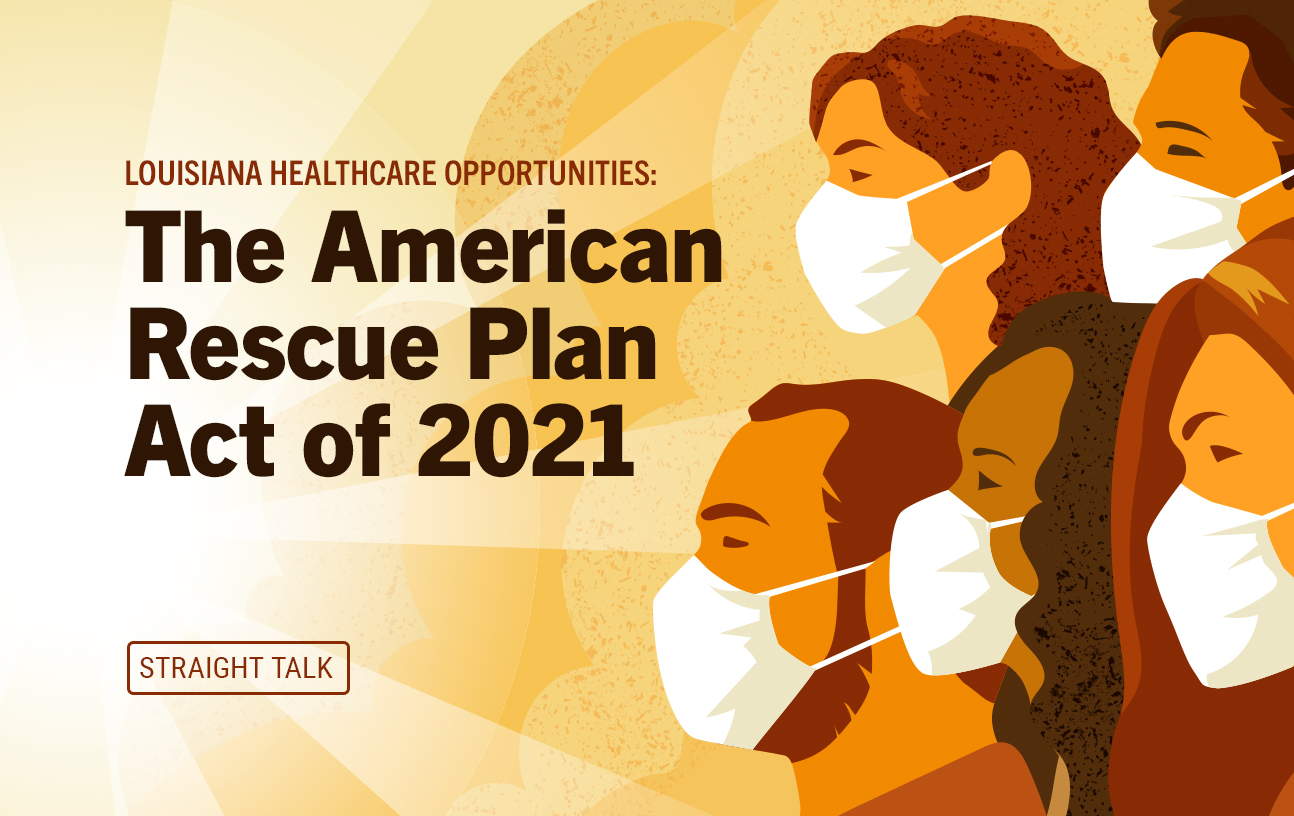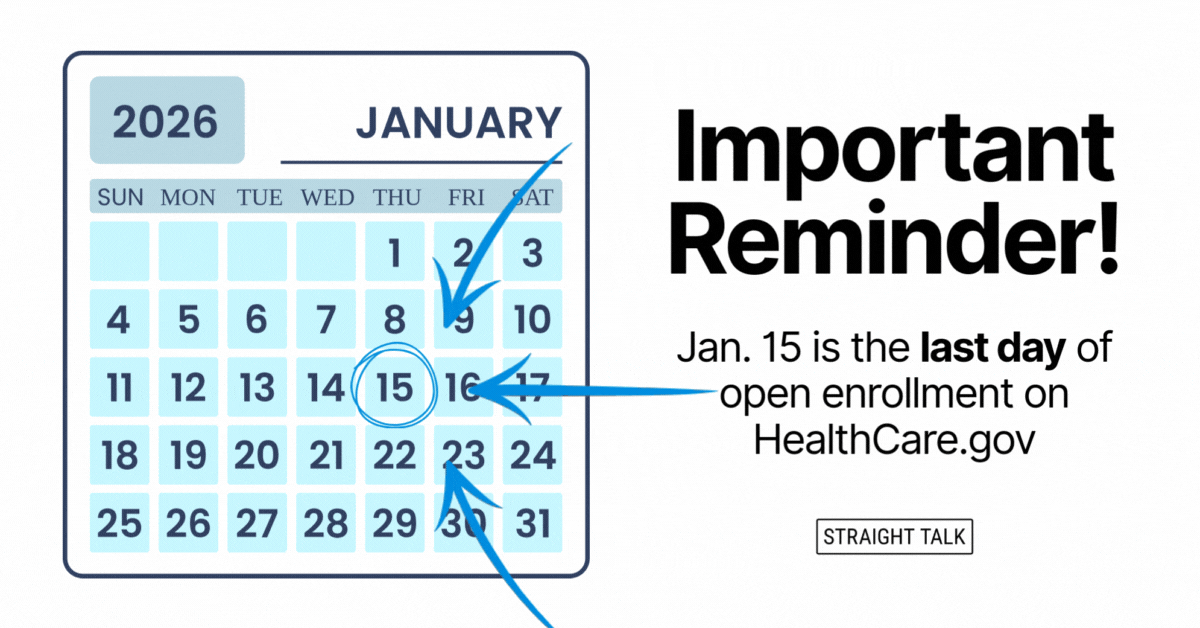Can you remember your first credit card? Oh my. My memory of that is strikingly clear! It was April 1984 (yep, I’m old) and I was a senior at LSU, when a credit card from JC Penney’s just showed up in my mailbox at the student union.
In those days, you didn’t have to apply or ask for a credit card — companies could just check your credit, mail you a card and turn it on as soon as you called an 800 number.
This particular card I activated right away and was rewarded with a $500 limit! (That’s about $1,300 in today’s money.) I felt like king of the world. I think later that same day, I went and bought my first microwave oven (they were a new appliance and cost about $400 back then). So cool!
Older, smarter and more experienced people who have built up good credit use that to buy things that will become MORE valuable over time. Or they hang onto the credit card to handle big-time, unexpected emergencies, e.g. “our heating and air system just went out.” My microwave didn’t really qualify as either, did it? Yep, I was pretty bad with borrowing back then (at 23). I do a LOT better nowadays, but I had to learn a lot of hard lessons first. You, too? It’s not uncommon.
If Congress Had a Credit Card
Our current COVID emergency and the economic distress of shutdowns nationwide throughout the past year have put America in a bit of a bind. One that triggered Congress to use their authority to borrow vast sums of money. The numbers are huge, and I don’t think I can convey them without using a more everyday-person-sized scale. Let’s give that a try.
Imagine that it’s 2008, and you have $90,000 in unsecured debt. “Unsecured” just means you didn’t use borrowed money to buy any assets that will increase in value. So, no houses, land, stocks or bonds; you just spent it on other stuff you can’t quite put your hands on right now. Also, in 2008, your income was $30,000 a year, so you have racked up three years’ worth of your salary in debt. With me so far?
Now, let’s fast-forward to 2021. Congratulations! Your income is now up to $40,000 a year! Unfortunately, your spending habits have grown MUCH faster than your income. Now, your debt load is $300,000, and you still haven’t bought anything solid with that money, like a house. Would you be worried? Should you be worried?
Our national leaders have had to put such worries aside under the current COVID emergency. Since 2008, federal borrowing has increased the debt load from $8 trillion (on an annual income of roughly $4 trillion) until our total debt load is about to reach $30 TRILLION. In other words, if we stopped funding everything else the government runs and pays for — no healthcare, no Social Security, no military, no “aid to states,” everything BUT paying down the debt — it would take roughly 10 years to clear it. You gotta cover the interest too, you know!
Fortunately, our federal government has a very high “global credit rating” and can borrow/print money for very low rates. In August 2020, those rates bottomed out at 0.6% interest per year. We took advantage of that and borrowed $6 trillion during 2020 to support the flagging economy. Keep in mind that the annual federal budget is $4 trillion, so borrowing $6 trillion is 150% of the money coming in. That money helped keep the economy going through COVID shutdowns. If you got enhanced unemployment payments, rental aid and/or a stimulus check during 2020, that was your share of the $6 trillion.
Since the emergency is still going on, Congress has just authorized $1.9 trillion of NEW borrowing, with a huge list of COVID aid and infrastructure projects. It will be more of a challenge this time around because the federal credit rating has declined, and the borrowers have more than doubled their interest demands. The number is still a relatively low 1.6% interest on this new borrowing. That’s the bad news.
The good news is $39 BILLION of the $1.9 trillion in the package, dubbed the American Rescue Plan Act of 2021, will be spent on healthcare directly, under the authority of the Affordable Care Act, for two years. This is REALLY GOOD NEWS for anyone who needs to purchase individual health insurance or is facing a furlough/layoff at work and needs help paying COBRA premiums to keep your work-based health insurance. This act could be a huge boon for Louisiana, at a time when we are hurting. But we need to be ready to move as this money shows up.
Healthcare Changes Coming in 2021
Everything funded in this bill and every change included is only good for two fiscal years. So, everything will start this year, but since there is nothing in this bill that brings new income in, all the borrowed money is scheduled to run out in two years. And, all the benefits I’m about to describe are only good through mid-2023.
We need to move quickly!
Here are some items in the American Rescue Plan Act that may help you with your healthcare coverage needs:
-
- COBRA FUNDING—there is a federal program in place that is designed to help workers keep their employer-based health insurance if they get furloughed or laid off. The official nickname for this coverage protection is “COBRA.” Once you are laid off, your employer no longer funds a share of your premiums and you have to pay the full cost yourself. That means COBRA insurance is typically very expensive, especially for people who are out of work and have lost income. In this bill, the federal government will use these borrowed funds to pay 100% of COBRA premiums for people who are laid off, furloughed, or have their hours reduced but remain COBRA eligible. **Updated 8 April 2021: We now have a complete set of regulations and FAQ’s on this topic we can share at this website: https://www.dol.gov/sites/dolgov/files/EBSA/about-ebsa/our-activities/resource-center/faqs/cobra-premium-assistance-under-arp.pdf We know this will expire in September 2021 so far.
- ACA INDIVIDUAL POLICY FUNDING—you’ve heard me say in the past that people with incomes between 139% and 400% of the Federal Poverty Level (FPL) are typically eligible for tax credits to help pay their premiums when they shop on healthcare.gov IF their employers don’t offer them federally compliant coverage. THIS bill will change the rules a bit, by doing three things:
- Lower all the premiums people pay at all income levels for individual health insurance, INCLUDING doing away with the 400% of FPL limit on federal assistance. It’s being replaced by capping what someone pays for an individual health plan equal to 8.5% of their income no matter how much money the applicant makes! This could, for example, allow a person making $100,000 a year to still get federal assistance to pay for his/her healthcare coverage!
- Create a new unemployment benefit for everyone who has lost a job via a FREE healthcare.gov benchmark silver plan. This means you can have a (second-cheapest) silver plan on healthcare.gov at $0 premium. We’re still waiting on the details on that one, too.
- Eliminating the first $10,000+ of unemployment insurance payments you received during 2020 from your income for tax purposes. This will allow you to qualify for healthcare.gov premium financial assistance using a lower reported income, which typically earns you more assistance.
Here’s a chart of potential premiums savings:

- ELIMINATING THE HEALTHCARE.GOV CLAW BACKS—typically, if you qualify for tax credits to help you pay your premiums on healthcare.gov, the full amount of those credits to use throughout the year is based on your personal estimate of your income. This can leave you vulnerable to owing the IRS money if you under-estimate how much money you are going to make in a given year. When you have to pay back the IRS under these circumstances, the payments are called “claw backs.” This bill eliminates ALL healthcare.gov premium assistance claw backs for the 2020 tax year. If you’ve already filed your taxes and included a claw-back amount you paid in, you should get that money back sometime in 2021. Again, we are waiting for federal instructions on how this will be done.
There is more, so much more in this act that we will be able to connect to healthcare over the next few months, and we’ll discuss it in more detail as we go forward. But the above things are going to almost immediately affect, my friends and neighbors in Louisiana, so I wanted to put them out there as soon as I saw them.
Straight Talk is, there are a lot of details yet to be filled in, but there will clearly be a ton of new federal money available to support health insurance and healthcare in general for us here in Louisiana, and we need to be aware of how to access it. Stay tuned!





Thanks for the heads up, Mike!
Wade!
There will be a LOT more to follow. Think about all the people we couldn’t sign up with incomes over 400% of FPL, they could get $200, $300, even $400 off their premiums depending on their age and income.
Definitely worth a look for everyone who is not getting a compliant offer from their employer.
Cheers!…mrb
Mike,
Wow! Good news for some. Of course, it’s all added to the our US debt. I guess realistically, it’ll never be paid back. Certainly not in our lifetime. Congress has no clue on how to balance a check book! LOL.
Joe
Joe!
Thanks for following us, and your kind words. I always go back and forth on whether to mention the borrowing, but as it will get harder to do in the near future, I thought it was worth bringing up. Thanks for reading Straight Talk!!
mrb
Always enjoy your articles! Thank you!
Alan!
Appreciate your kindness! I’m blessed with a hard working team of editors who get very little credit for doing the hard job of making me look smart! So let’s call them out: Lindsey Burton, Desiree Robertson, and Kris Sunde keep me on the straight and narrow and review/edit/enhance everything I write! Great job everyone!…mrb
How far do you think we are from going to a one payer health insurance system based on income?
Jeff!
Thanks for your question. Certainly there are elements of Congress pushing very hard right now to achieve universal coverage with a government solution. Unfortunately, that has some really dire consequences for patients based on what we’ve seen when such solutions are installed in other English-speaking countries. In fact, it’s so important a topic right now, I’ve dedicated a three part series to breaking down the price and pain it could cause. Here are the links:
Part 1: https://www.straighttalkla.com/the-full-cost-of-a-public-option-the-individual-health-insurance-marketplace/
Part 2: https://www.straighttalkla.com/the-full-cost-of-a-public-option-part-2-proposed-changes/
Part 3 will drop very soon. Please keep the comments and questions coming, this is a debate that will dramatically affect all of us!
Cheers!…mrb
Hey Mike! Thanks for always keeping us up on everything coming from Washington and just in general. I love Straight Talk. It’s extremely helpful for all of us. Let’s put away this work someday and go fishing…LOL
Thanks Again Buddy
I am so ready to join you! Got my Calcutta rigs all baited and ready to cast!
Cheers Bryan!…mrb